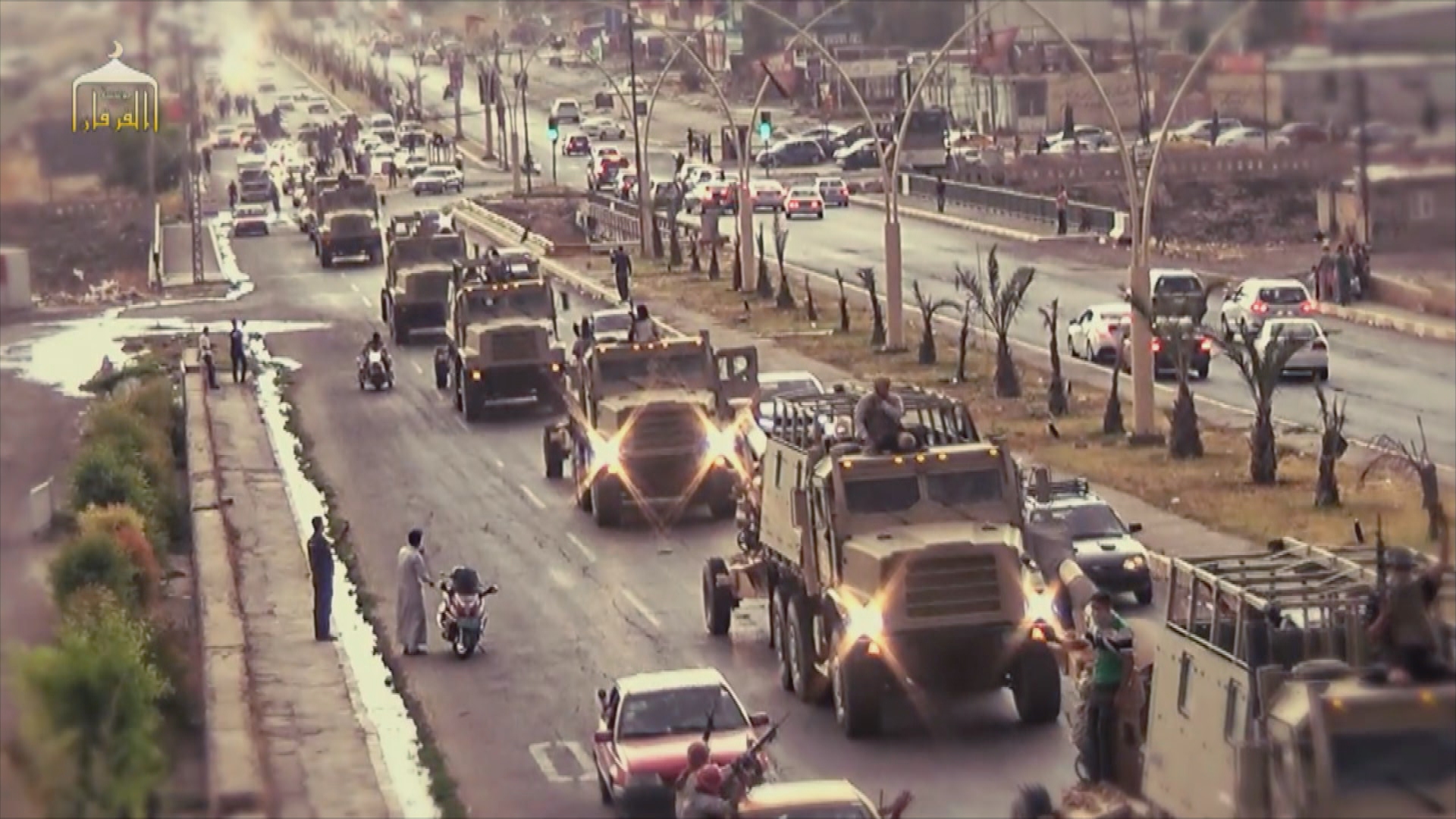Have Airstrikes Really Killed Half of ISIS’ Top Commanders?

U.S. Secretary of State John Kerry announced on Thursday that Iraq and the U.S.-led coalition had killed 50 percent of the Islamic State of Iraq and Syria’s (ISIS) top commanders.
Kerry made the announcement in London at a coalition meeting attended by Iraqi Prime Minister Haider al-Abadi and officials from 21 countries.
U.S. Central Command also said on Thursday that the airstrikes and military campaign in Iraq and Syria had killed around 6,000 ISIS fighters.
FRONTLINE asked Patrick M. Skinner, a former CIA case officer who is now director of special projects at The Soufan Group, about the military campaign’s impact on ISIS. Skinner co-authored a recent report on ISIS’ leadership, structure, operations and objectives.
What do you make of Kerry’s announcement? What constitutes top leadership?
It’s probably accurate. It’s also misleading or irrelevant. We’re hitting small units, so anybody could be a top commander. We’re killing a lot of people, yes, but it’s a misleading indicator. I understand why they said it. They need to trumpet good news. … We have had some [successes]. The head of Ninevah province has been replaced twice due to deaths.
I don’t know what [the U.S.] determination is for a commander. ISIS has a pretty rigid command structure at a certain level thanks to their Baathist ideology and their military background. Clearly, someone who’s a governor of a province is a massively important commander, but I think they’re bringing that down to the tactical level. …
There was also the announcement from U.S. CENTCOM today that the campaign has killed 6,000 of an estimated 14,000 members of ISIS. How plausible is that? And has any battlefield been particularly costly for ISIS?
It’s plausible. It might be a little high, but they would actually know. I can’t second guess the numbers. [The battle for] Kobane, up in Syria, has not gone well for ISIS. They are paying a really high price for that. They’re rushing a lot of fighters in. They’re losing a hundred people a week.
It’s not like they’re losing all around, but they do have some significant bleeding points. When they tried to take Erbil, that was when we started bombing and they were pretty much out in the open. …
In Sinjar, the Kurds have done a lot of damage to them. The combination of airstrikes with Kurdish peshmerga, and whenever the Iraqi army can act, that will prove to be a lethal combination — and it already has. It just takes a long time to change the reality on the ground. The Kurds had a really bad [autumn], and their myth of invulnerability was punctured. But they’ve come back. It really was that they didn’t have a lot of ammunition, and ISIS had a lot of ammunition.
ISIS can’t compete with an airstrike. [Airstrikes] aren’t going to win the war by themselves, but that kind of combination will be what does ISIS in.
Is ISIS still successfully recruiting foreign fighters or has the pace slowed in recent months?
It hasn’t slowed yet. As of last month, the numbers were actually increasing — gone from about 1,000 to 1,500 a month. It’s such a draw for them. It will take sustained negative news out of ISIS to puncture their recruiting bubble. They’re not bound by facts or momentum on social media. They’ve got this parallel universe, and they’re tapped into that vulnerable population. Those people aren’t reading U.S. military updates. They have no idea what’s happening.
ISIS is still putting out really slick propaganda. They still put out newsletters for each province every day, and they still have their videos. And ISIS uses the foreign fighters in suicide attacks. These people come for martyrdom and ISIS almost always obliges them. They’re not leaders and commanders. They’re just fodder. So foreign fighter recruitment doesn’t look like it’s slowed down.
But ISIS is struggling. Every day will get worse for them.
Related Film: The Rise of ISIS
FRONTLINE investigates the miscalculations and mistakes behind the brutal rise of ISIS.





